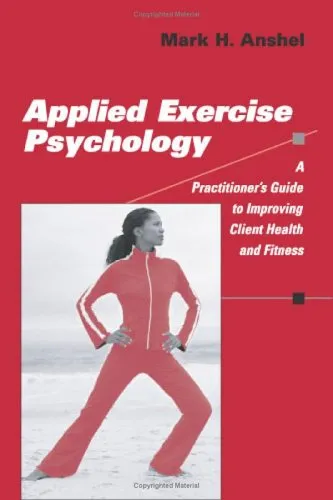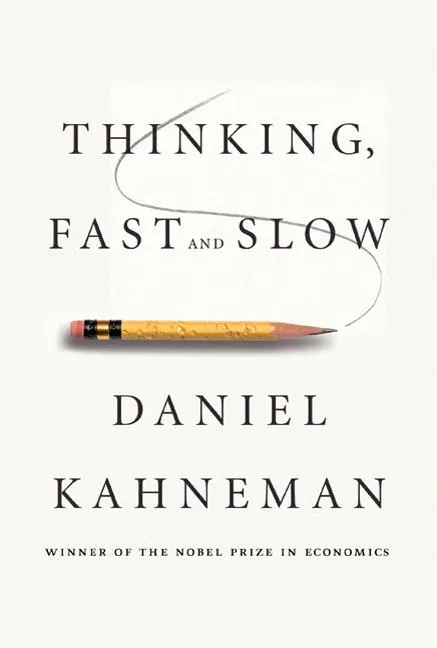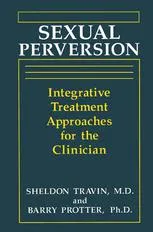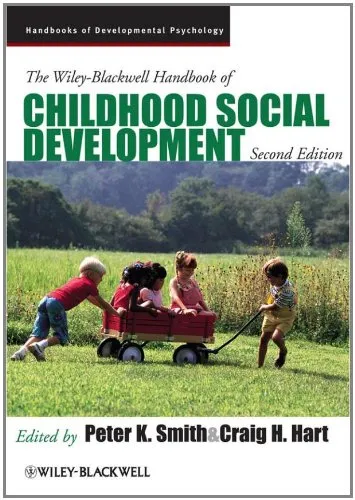Applied Exercise Psychology: A Practitioner's Guide to Improving Client Health and Fitness
4.4
Reviews from our users

You Can Ask your questions from this book's AI after Login
Each download or ask from book AI costs 2 points. To earn more free points, please visit the Points Guide Page and complete some valuable actions.Related Refrences:
Introduction to 'Applied Exercise Psychology: A Practitioner's Guide to Improving Client Health and Fitness'
Welcome to 'Applied Exercise Psychology: A Practitioner's Guide to Improving Client Health and Fitness', a comprehensive resource that explores the fascinating interplay between psychological principles and physical fitness. This book serves as a guiding light for fitness professionals, personal trainers, sport psychologists, and anyone passionate about fostering positive behavioral changes in the realm of physical activity.
The field of exercise psychology delves deep into the mental and emotional aspects of movement, exercise, and performance. While the physiological benefits of exercise are well-documented, the psychological factors that motivate or hinder individuals from adopting a healthy lifestyle often receive less emphasis. This book fills that gap by blending practical strategies, evidence-based research, and real-world case studies to provide actionable insights for professionals working directly with clients.
Drawing upon decades of research and hands-on expertise, 'Applied Exercise Psychology' is designed to optimize your understanding of the psychological elements at play while empowering you to create lasting behavioral improvements in your clients. Whether your clients aim to overcome fitness plateaus, combat psychological roadblocks, or establish consistency in their routines, this guide equips you to address these challenges effectively.
Detailed Summary
The book is structured into several practical, easy-to-follow sections, each offering a multilayered approach to integrating exercise psychology into fitness practices. It delves deeply into the motivational theories driving human behavior, such as self-determination theory and the transtheoretical model of behavior change, to help fitness professionals better understand what inspires or dissuades a client from long-term adherence to physical activity.
The guide examines the role of goal setting, self-efficacy, mental imagery, and mindfulness in shaping client outcomes. By emphasizing evidence-based interventions, the book provides tools for assessing client mindsets and developing person-centered strategies. Ultimately, the content is aimed at not only transforming physical well-being, but also enabling clients to adopt mental resilience, emotional balance, and sustained motivation.
Furthermore, the book introduces specific psychological tactics to address common hurdles such as procrastination, negative self-talk, fear of failure, or exercise-related anxiety. With examples from different clientele—including weekend warriors, professional athletes, and individuals new to exercise—the applications are relevant across a broad spectrum of fitness levels.
Key Takeaways
- Gain a deep understanding of the psychological aspects behind motivation, behavior change, and commitment to fitness goals.
- Learn practical strategies for designing personalized exercise programs informed by psychological theories.
- Discover how to help clients overcome mental barriers such as fear and self-doubt.
- Adopt innovative approaches to foster behavioral consistency and empower clients to reach their full potential.
- Understand the connections between mental health, personality traits, and adherence to exercise regimens.
Famous Quotes from the Book
"Fitness is not only about sculpting the physical body but also about reshaping the mind to embrace persistence, resilience, and the joy of progress."
"The role of a fitness professional goes far beyond prescribing exercises; it’s about inspiring change, fostering belief, and unlocking a client's inner strength."
"Sustainable behavior change begins in the mind; psychology is where the seeds of transformation are planted."
Why This Book Matters
Physical activity is universally acknowledged as a cornerstone of physical and mental health, yet maintaining an active lifestyle remains an uphill battle for many. This book matters because it provides a much-needed bridge between psychology and fitness practices, ensuring that the mental factors influencing exercise are not ignored.
By equipping fitness professionals with the tools to recognize and address clients' psychological needs, 'Applied Exercise Psychology' paves the way for holistic health interventions. The teachings in this book can help fitness practitioners become more empathetic, knowledgeable, and effective in their coaching practices.
In a world where motivation often lags and accountability falters, this book is a reminder that empowerment through psychology is vital for achieving sustainable fitness and health.
Free Direct Download
You Can Download this book after Login
Accessing books through legal platforms and public libraries not only supports the rights of authors and publishers but also contributes to the sustainability of reading culture. Before downloading, please take a moment to consider these options.
Find this book on other platforms:
WorldCat helps you find books in libraries worldwide.
See ratings, reviews, and discussions on Goodreads.
Find and buy rare or used books on AbeBooks.
1487
بازدید4.4
امتیاز0
نظر98%
رضایتReviews:
4.4
Based on 0 users review
Questions & Answers
Ask questions about this book or help others by answering
No questions yet. Be the first to ask!











